Directory
- Share
Megan Sim
- Alumni
- Singapore
- 2009 MPhil Social and Developmental Psychology
2010 PhD Social and Developmental Psychology - Sidney Sussex College
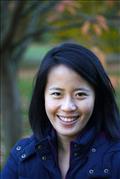
Megan Sim
- Alumni
- Singapore
- 2009 MPhil Social and Developmental Psychology
2010 PhD Social and Developmental Psychology - Sidney Sussex College
My academic research and career has been driven by my passion for using evidence to improve the lives of others – particularly children and people who are disadvantaged and vulnerable. My PhD research examined what actually happens when juveniles are interviewed by police officers; in particular, I examined the interrogation techniques used by police officers, and the effectiveness of these techniques at eliciting different responses from the young suspects.
After completing my doctorate in 2014 I designed and led evaluations, including of UK and European public policy initiatives at RAND Europe in Cambridge, UK, and of international development projects at the Centre for Evaluation and Development in Mannheim, Germany.
Li Ning Nicole Tan
- Scholar
- Singapore
- 2020 PhD Psychology
- Robinson College
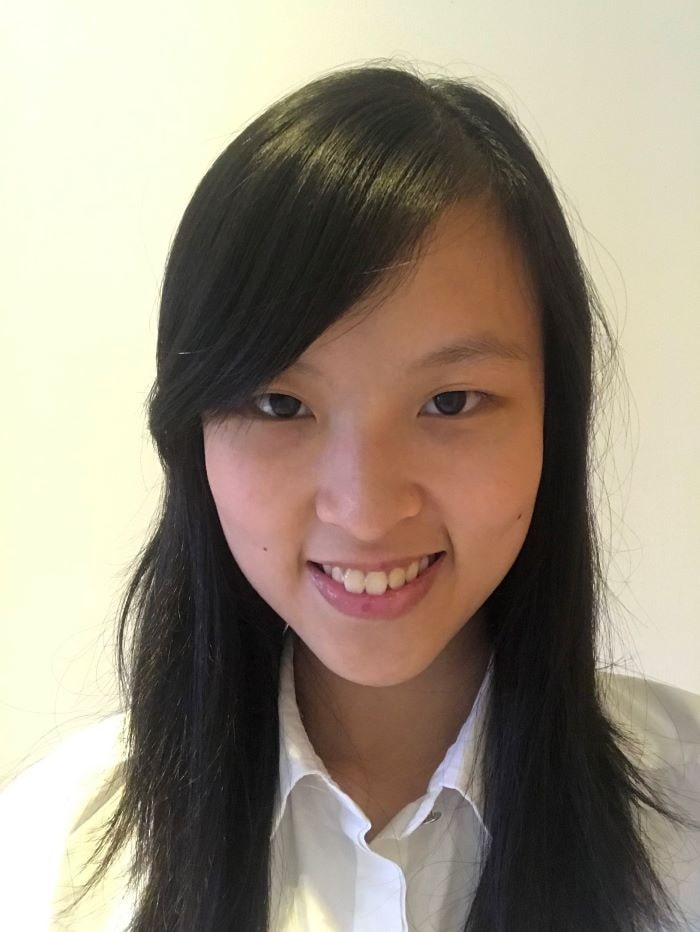
Li Ning Nicole Tan
- Scholar
- Singapore
- 2020 PhD Psychology
- Robinson College
For much of my life, my endeavours have been fuelled by a love of learning. Thus, as an undergraduate, I frequently pursued courses and research experiences that went beyond my primary field of Biological Sciences, allowing me to gain knowledge in a diverse range of disciplines. My experiences left me with a deep appreciation of how different disciplines can complement one another in an intricate heterosis of knowledge, and it is my wish that future generations would also be able to experience the same joy in learning that I have known all my life. As such, in my pursuit of a PhD in Psychology, I hope to contribute to intervention techniques to help children for whom learning might not come easily. I believe targeting developmental language disorder and dyslexia would be a wonderful start in encouraging learning, as it is often our ability to comprehend language that allows us to understand new concepts in the first place.
Previous Education
Nanyang Technological University Biological Sciences 2020
Ri Yang Benjamin Tan
- Alumni
- Singapore
- 2020 PhD Politics and International Studies
- Trinity College
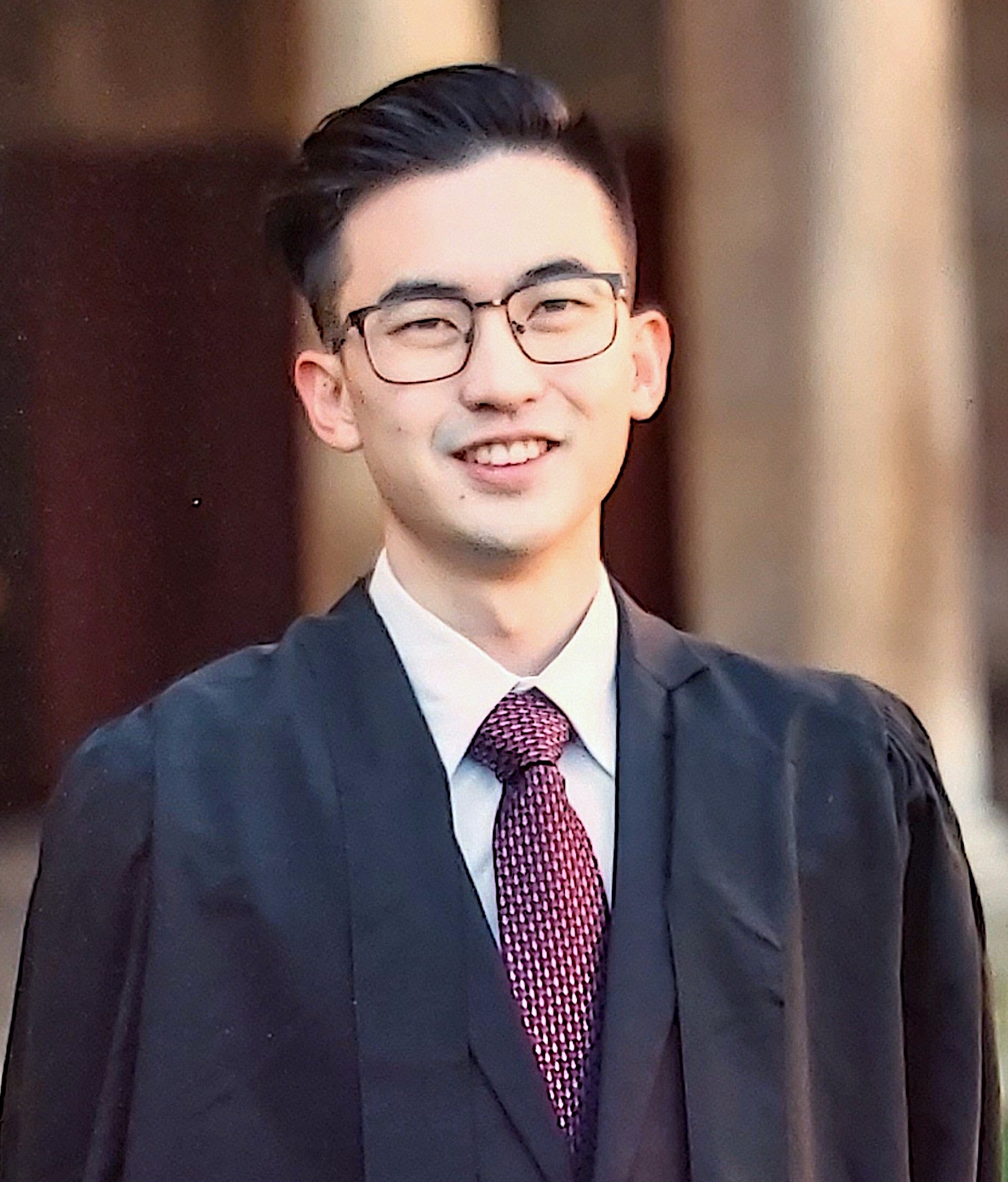
Ri Yang Benjamin Tan
- Alumni
- Singapore
- 2020 PhD Politics and International Studies
- Trinity College
Wee Zi Tan
- Alumni
- Singapore
- 2008 MPhil Criminology
- Clare Hall
Wee Zi Tan
- Alumni
- Singapore
- 2008 MPhil Criminology
- Clare Hall
I am honoured to be part of the Gates community and to be given the opportunity to pursue my further studies here at Cambridge. I will be returning to Singapore to work in the prison service upon graduation and hope to use the knowledge gained in my course to improve the offender rehabilitation programmes in the prisons back home.
Petri Tuomola
- Alumni
- Finland
- 2003 MPhil Finance
- Queens' College
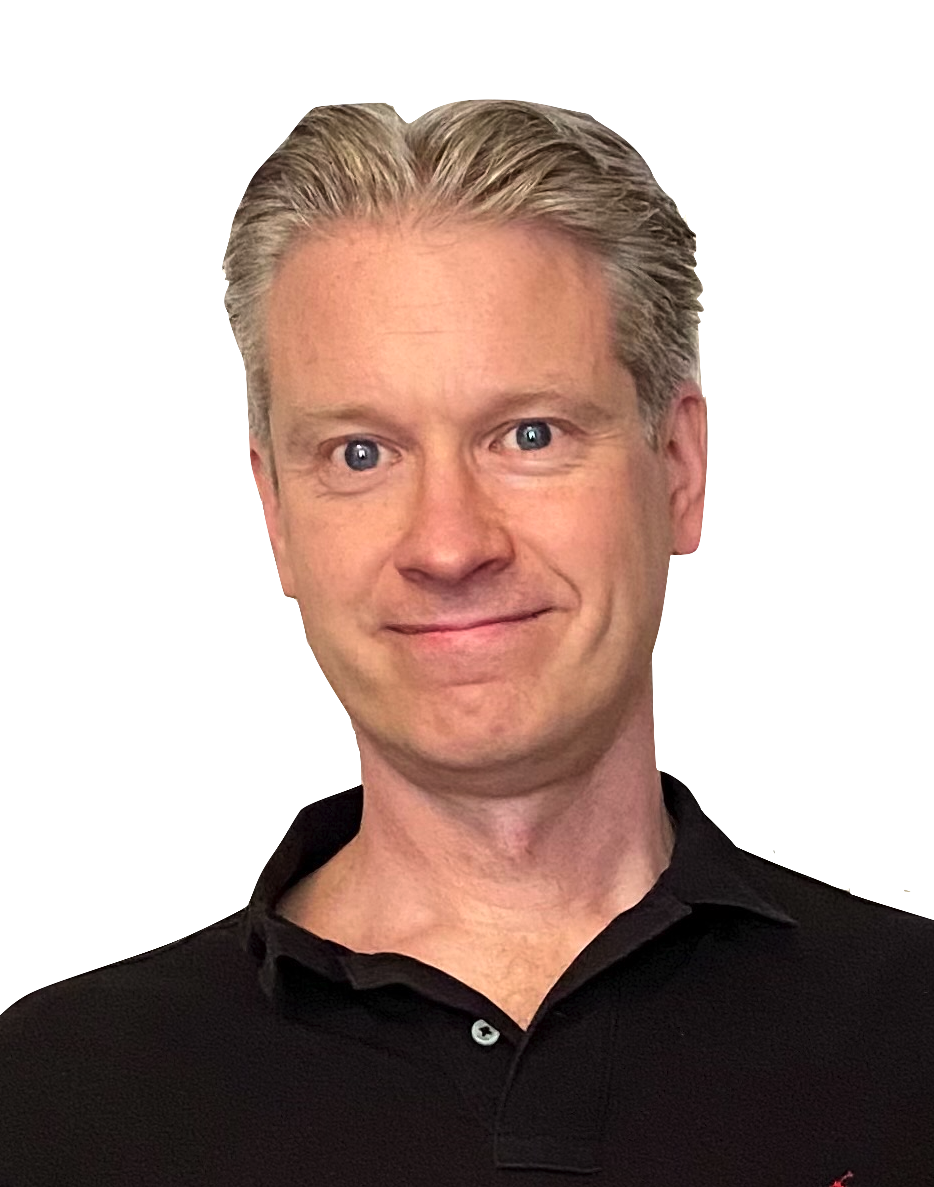
Petri Tuomola
- Alumni
- Finland
- 2003 MPhil Finance
- Queens' College
Pongsiri Vorapongse
- Alumni
- Thailand
- 2011 PhD Politics and International Studies
- St John's College
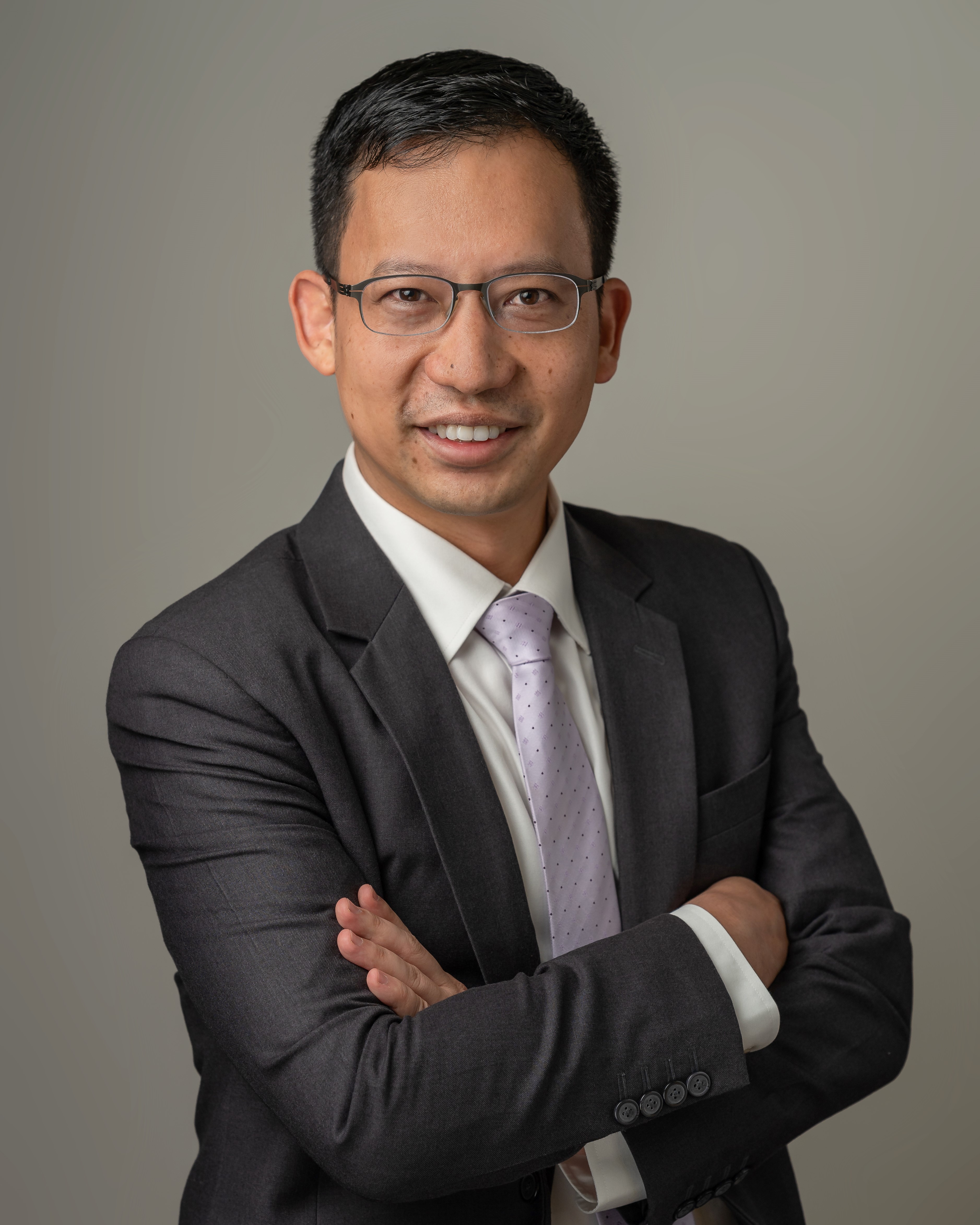
Pongsiri Vorapongse
- Alumni
- Thailand
- 2011 PhD Politics and International Studies
- St John's College
In my current role at the Monetary Authority of Singapore's (MAS) Sustainability Group, I leverage finance to catalyze the global net zero transition. I shape policies and build partnerships that support financial institutions’ adoption and implementation of net zero strategies.
I believe the financial industry must demonstrate climate credentials, manage risks, and seize new business opportunities from the low-carbon transition, while making an impact through financing real-world decarbonization and stewardship of portfolio companies.
Throughout my previous works in diplomacy and the corporate sector, I advanced new strategies and drove projects that helped government and business deliver sustainability outcomes. I have made significant contributions on a wide range of issues, such as driving the adoption of the UN Guiding Principles on Business and Human Rights in Thailand and combatting illegal fishing and trafficking in persons in the Thai seafood supply chains.
A member of St John's College, I graduated with a PhD in Politics and International Studies in 2015. My dissertation on the politics of monetary policy reform in post-1997 Thailand reflects my interdisciplinary interest in macroeconomic policy, finance, and Southeast Asia policy economy.
I hold an MA in International Relations from Johns Hopkins University-SAIS and a BA in Economics (First-class Honours) from Thammasat University.
Previous Education
Johns Hopkins University MA in International Relations 2009
Thammasat University BA in Economics 2006
Abigail Wild
- Alumni
- United States
- 2004 PhD Criminological Research
- Pembroke College
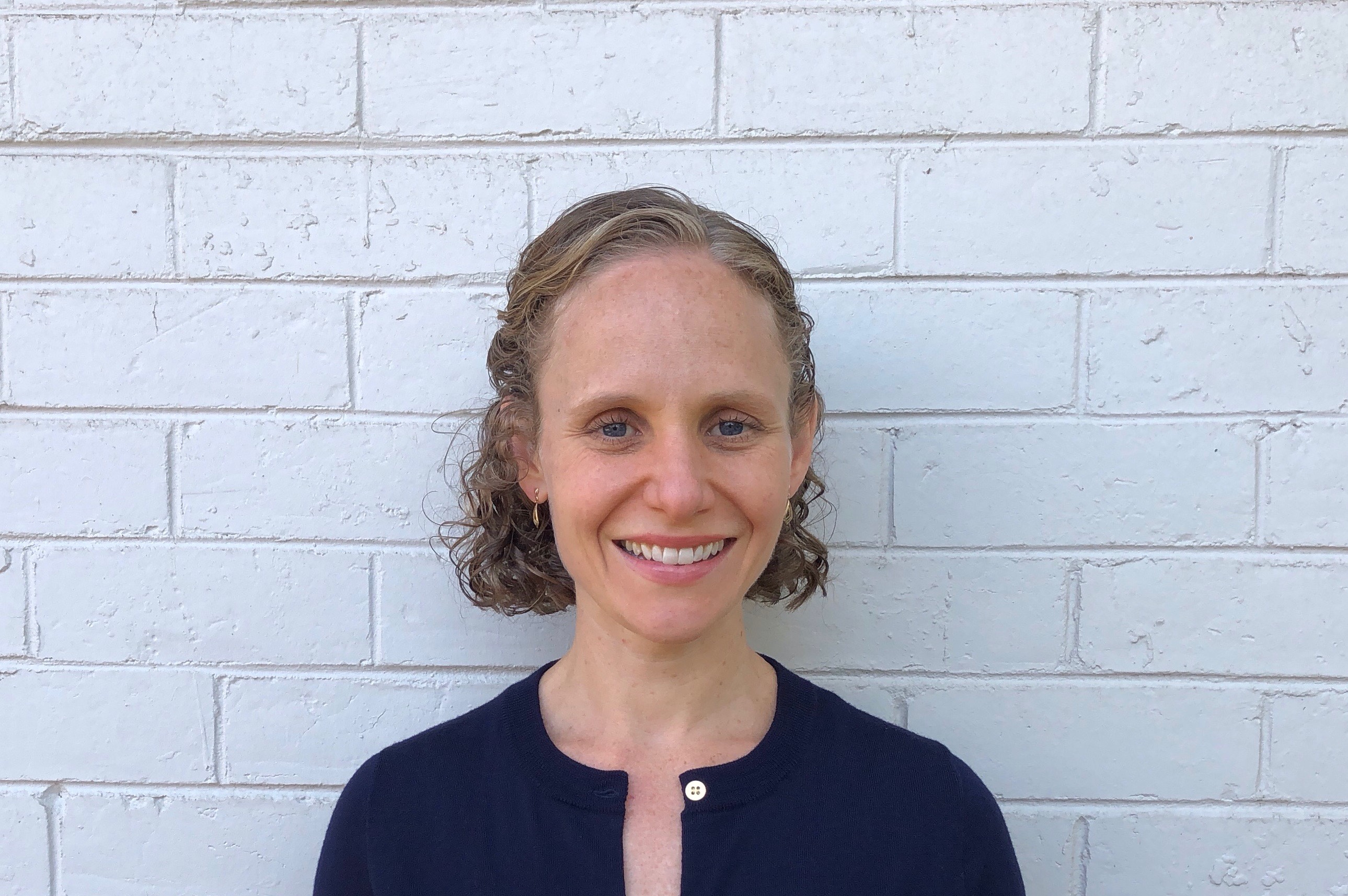
Abigail Wild
- Alumni
- United States
- 2004 PhD Criminological Research
- Pembroke College
With a diverse career in research and consulting that has spanned the US, the UK, Singapore and Australia, Abby has conducted research, program evaluation and communications work across a range of projects and clients. This includes designing and teaching courses in the fields of psychology and criminology at Cambridge, conducting behavioural research with cotton-top tamarin monkeys at Harvard’s Cognitive Evolution Lab, conducting doctoral research as a part of Cambridge University’s Prisons Research Centre and serving on the board of a venture capital firm.
In her role as a consultant, she has worked to develop and test professional development frameworks for Australian universities, to evaluate the impact of school nutrition programs in the ACT, and to study the impact of ‘green’ design, architecture and programming in prisons. Abby directs grant-writing for a Hospice and Palliative Care organisation, and is on the board of the Australian African Foundation for Retention and Opportunity (AAFRO), a not-for-profit organisation that works to provide holistic social and educational support for young people of African descent in Melbourne.
Edward Yapp
- Alumni
- Brunei Darussalam
- 2011 PhD Chemical Engineering
- Churchill College
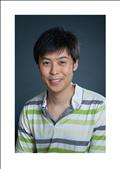
Edward Yapp
- Alumni
- Brunei Darussalam
- 2011 PhD Chemical Engineering
- Churchill College
Ping Lin Yeap
- Scholar
- Singapore
- 2023 PhD Oncology
- Homerton College
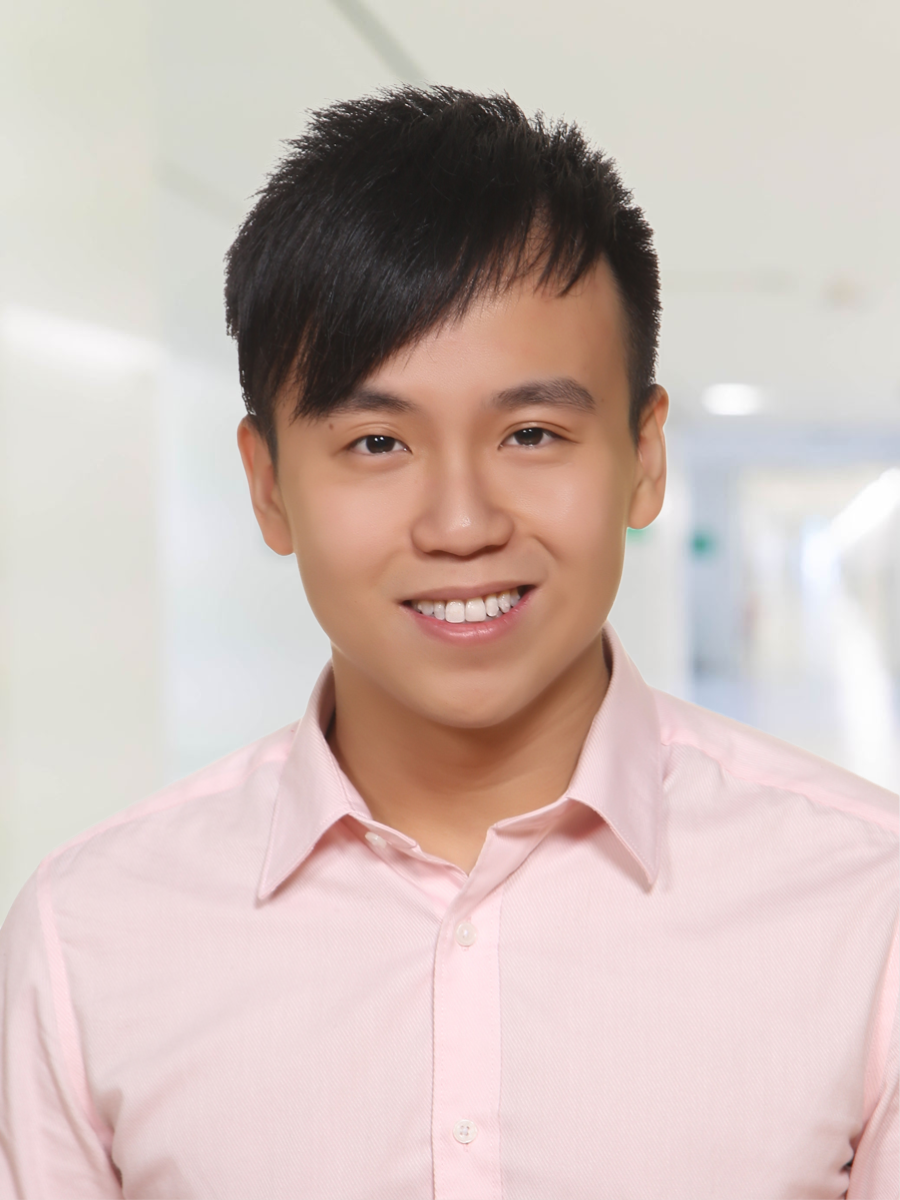
Ping Lin Yeap
- Scholar
- Singapore
- 2023 PhD Oncology
- Homerton College
As a medical physicist, I shoot particles at cancer cells. Pew pew. My PhD research focuses on adaptive radiotherapy, which entails adapting cancer treatment plans to patients’ changing anatomies over the course of treatment. I will be developing physics-informed neural networks to generate synthetic CT images from cone-beam CT scans, such that they can be used directly for plan adaptation. This research will hopefully enable and enhance adaptive radiotherapy workflows in the clinic, and contribute towards personalised and precision medicine. Outside of work, I can be found exploring far-flung corners of the world with my camera.
Previous Education
Imperial College London
University of Cambridge
Links
Joanna Yeo
- Alumni
- Singapore
- 2006 MPhil International Relations
- Trinity College
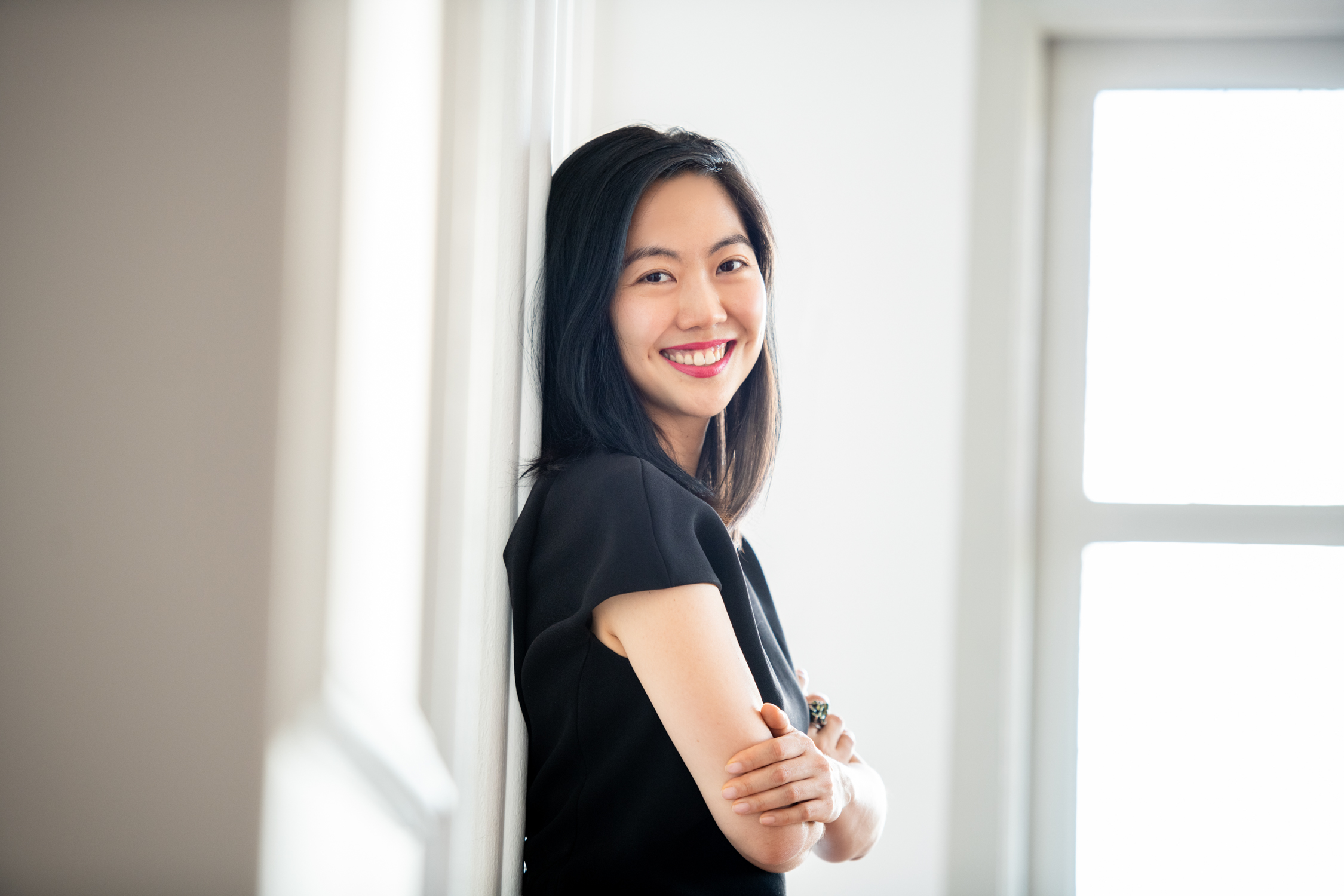
Joanna Yeo
- Alumni
- Singapore
- 2006 MPhil International Relations
- Trinity College
Joanna is currently building Arukah, scaling waste to energy and carbon removal for food security and climate, building from Asia and Africa. She has strong conviction on the potential to lift billions out of poverty with verified data, new technology for secure payments and settlement, and financing for scalable access to sustainable, fast growing markets. Joanna serves as an impact investment committee member for the United Nations Sanitation and Hygiene Fund, and advisor to Figure Technologies, an MUFG and Apollo-backed fintech company that has scaled $12Bn of regulated financial services on blockchain. She has previously served as an independent non-executive board director of Collectius AG, a partner to the World Bank IFC's $40Bn+ DARP program in SE Asia.She was previously a private assets investor at Morgan Stanley, head of Asia and first dedicated executive hire for blockchain at Figure Technologies and Provenance Blockchain, and led a $700M global private equity portfolio at a listed financial services conglomerate. She has also been part of core teams building two new $2Bn traditional investment management businesses in Asia, including Morgan Stanley.Joanna received her Bachelor's Summa cum Laude from Harvard, where she was elected one of four Phi Beta Kappa class marshals and was also Phi Beta Kappa (Junior 24), a John Harvard Scholar, and recipient of the Detur and Setchkarev Prizes. She has a Master's from the Stanford University Graduate School of Business, where she was a recipient of an A. Michael Spence Fellowship and conducted research at the Stanford Institute for Economic Policy Research and Stanford Center for International Development. At Cambridge, Joanna read for an M.Phil in International Relations at Trinity College on a Gates Cambridge Fellowship and set up the Cambridge Society Singapore (now part of the Oxbridge Society) in conjunction with Cambridge's 800th Anniversary Capital Campaign. She is very grateful for the generosity of both the Gates Trust and Trinity College, and has served as regional coordinator for Hong Kong for the Gates Cambridge Alumni Association, and as a committee member for the Oxford and Cambridge Society of Hong Kong.








